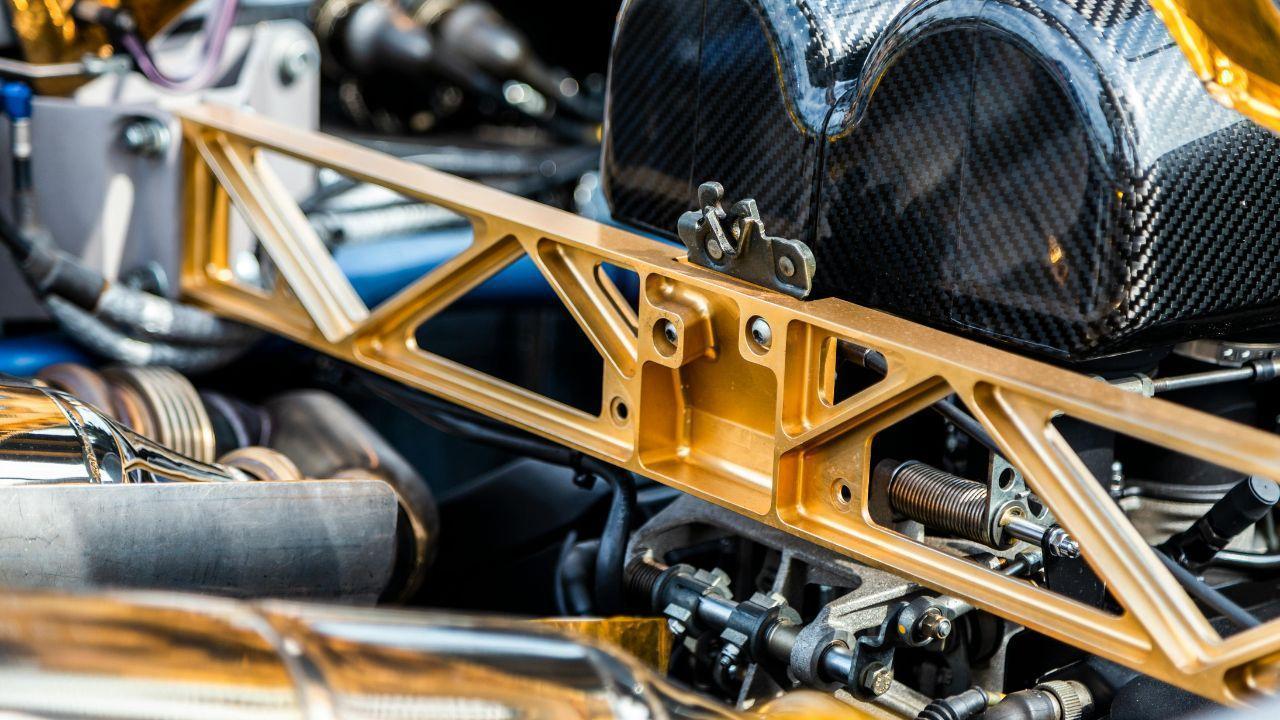
Post by : Armust Desk
In a decisive move to modernize the railway sector, a leading enterprise has announced the adoption of advanced technologies to significantly improve the quality of railway axle production. Railway axles, being one of the most critical components of trains, play a vital role in ensuring smooth, safe, and efficient train operations. By upgrading machinery and processes, the enterprise aims to enhance the strength, precision, and overall reliability of axles, ultimately contributing to safer journeys for passengers and more dependable freight transportation.
The initiative comes at a time when global standards in railway manufacturing are rapidly evolving. Modern trains require high-performance components that can withstand greater loads, higher speeds, and extended operational cycles. Recognizing the critical role of axles in train safety and performance, the enterprise is investing in state-of-the-art technologies to meet these evolving demands.
Why Railway Axles Are Critical
Railway axles are fundamental structural elements of any train. They carry the weight of the locomotive or coaches, transmit forces to the wheels, and ensure that trains run smoothly on tracks. Any flaw in an axle, no matter how minor, can lead to catastrophic failures, accidents, derailments, or operational delays.
Traditionally, railway axles were manufactured using conventional machining methods. While these methods produced functional axles, they occasionally resulted in variations in quality due to human error, machine limitations, or material inconsistencies. In the modern railway industry, even small deviations in axle dimensions or material strength can reduce efficiency, increase maintenance costs, and compromise passenger safety.
To address these challenges, the enterprise has turned to advanced, computer-controlled technologies that offer precise control over every stage of axle production.
Introduction of Cutting-Edge Technologies
The new system includes sophisticated computer numerical control (CNC) machines, automated cutting and shaping equipment, and real-time quality monitoring sensors. These technologies work in unison to ensure every axle produced meets strict quality standards.
Key Advantages of These Technologies Include:
High Precision Machining: CNC-controlled machines process axles with exceptional accuracy, producing components that meet exact specifications and tolerances.
Reduced Human Error: Automation limits mistakes caused by manual processes, ensuring consistency and reliability in every axle.
Enhanced Safety Standards: Stronger, precisely manufactured axles are less likely to fail, reducing the risk of accidents and increasing passenger confidence in train travel.
Increased Production Efficiency: Automated systems allow faster processing without compromising quality, enabling higher output to meet growing demands.
In addition, the enterprise has integrated real-time sensors and monitoring systems that detect any deviations or imperfections during production. This ensures that only axles meeting the highest standards proceed to the next stage, further improving reliability.
Impact on the Railway Sector
The adoption of advanced axle manufacturing technologies is expected to have far-reaching effects on the railway sector. High-quality axles directly contribute to the overall safety and efficiency of train operations. For passengers, this translates into smoother, more comfortable rides and reduced chances of delays caused by mechanical failures. For freight operations, stronger and more reliable axles mean trains can carry heavier loads safely and maintain consistent schedules.
This initiative also highlights the enterprise’s commitment to modernizing production standards and adopting international best practices. It sets a benchmark for other manufacturers in the railway industry to invest in advanced technologies, enhancing the overall quality and safety of railway infrastructure in the country.
Workforce Training and Skill Development
Alongside technological upgrades, the enterprise has prioritized workforce development. Employees are receiving specialized training to operate advanced machinery, monitor production quality, and perform troubleshooting when required.
Investing in human skills ensures that the workforce can fully leverage the new technologies while maintaining high production standards. It also equips employees with the expertise to manage future technological advancements, fostering a culture of continuous improvement and innovation within the enterprise.
Environmental and Economic Benefits
Modernized axle production not only enhances quality but also brings significant environmental and economic advantages. Precision machining reduces material waste, minimizes energy consumption, and lowers the overall carbon footprint of manufacturing processes.
Over time, the increased durability of axles produced using advanced technology leads to fewer replacements and reduced maintenance costs for railway operators. This creates long-term financial savings while contributing to sustainable manufacturing practices.
Future Plans and Expansion
Looking ahead, the enterprise plans to extend the use of advanced technologies to other critical train components, including wheels, bearings, and other load-bearing elements. By modernizing multiple parts of the train manufacturing process, the enterprise aims to improve the overall safety, reliability, and efficiency of trains.
Continuous research and development efforts are also underway to explore new materials, axle designs, and processing techniques. These initiatives are expected to push the boundaries of railway manufacturing standards and ensure long-term improvements in train safety and performance.
The implementation of advanced technologies in railway axle processing represents a major milestone for the enterprise and the railway industry as a whole. By prioritizing precision, safety, efficiency, and workforce training, the enterprise is setting a new benchmark in axle manufacturing.
Passengers, freight operators, and the broader transportation ecosystem will benefit from these advancements through safer journeys, reduced maintenance costs, and improved operational efficiency. This modernization effort not only strengthens the reliability of trains but also demonstrates the enterprise’s commitment to excellence, innovation, and the future of railway transportation.
Railway axle processing, railway modernization, train safety, advanced axle technology



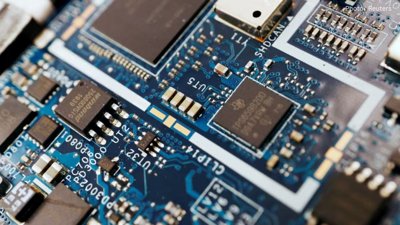
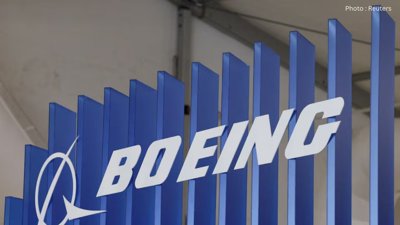

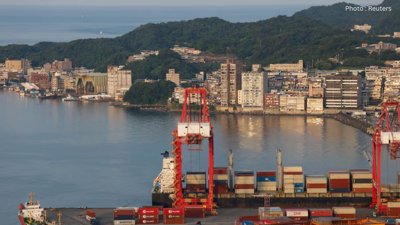
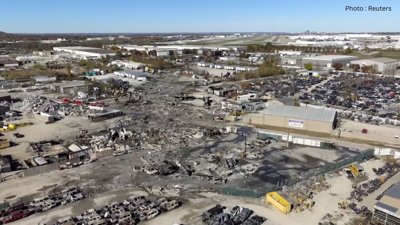
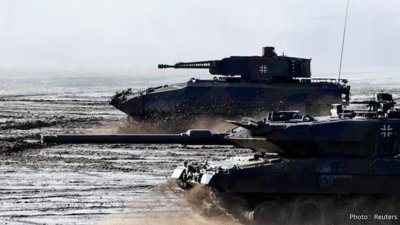

Advances in Aerospace Technology and Commercial Aviation Recovery
Insights into breakthrough aerospace technologies and commercial aviation’s recovery amid 2025 chall

Defense Modernization and Strategic Spending Trends
Explore key trends in global defense modernization and strategic military spending shaping 2025 secu

Tens of Thousands Protest in Serbia on Anniversary of Deadly Roof Collapse
Tens of thousands in Novi Sad mark a year since a deadly station roof collapse that killed 16, prote

Canada PM Carney Apologizes to Trump Over Controversial Reagan Anti-Tariff Ad
Canadian PM Mark Carney apologized to President Trump over an Ontario anti-tariff ad quoting Reagan,

The ad that stirred a hornets nest, and made Canadian PM Carney say sorry to Trump
Canadian PM Mark Carney apologizes to US President Trump after a tariff-related ad causes diplomatic

Bengaluru-Mumbai Superfast Train Approved After 30-Year Wait
Railways approves new superfast train connecting Bengaluru and Mumbai, ending a 30-year demand, easi